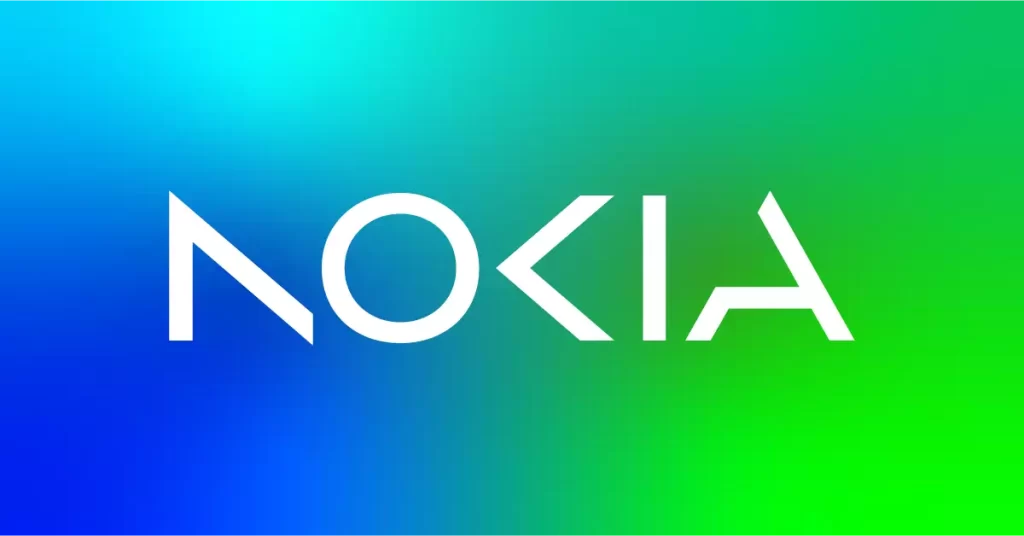
In collaboration with Germany, Nokia announced on Wednesday that it is pumping around $390 million into microelectronics development in an effort to boost Europe’s telecom competitiveness for 6G and artificial intelligence (AI), according to a blog post.
The Finnish company revealed that it will be developing energy-efficient software, hardware, as well as microelectronics, strictly for the use of 6G networks, at its Ulm and Nuremberg sites in Germany.
In an effort to bolster the already suffering European telecommunications market, the giant revealed that it will be “conducting a four-year European Important Projects of Common European Interest (IPCEI) project, which is being funded by Nokia and the German Federal Ministry of Economics and Climate Protection (BMWK), and the German states of Württemberg and Bavaria,” according to Nokia’s blog post.
The project, focusing on the utilization of radio and optical products in future mobile communications systems, focuses on both 5G-advanced and 6G standards.
As of the end of 2022, the state of the 5G networks’ deployment in Europe faced hurdles, driven by market fragmentation challenges, as well as high costs and the need for fair licensing of the radio spectrum, giving the competitive lead to the Asia Pacific region while European operators tumble and turn as they face these challenges.
Germany, however, alongside the UK, were relatively leading the 5G race within the European territory, with experts anticipating both countries’ operators to reach 5G adoption rates of 61% and 59% respectively by 2025.
Yet, other countries such as South Korea, Japan, and the US are expected to exceed the UK and Germany during the same period timeline.
The announcement of the strategic partnership between Nokia and the German Federal Ministry of Economics and Climate Protection, alongside the two German states, can only be seen as a European effort of future-proofing the European position in global telecom competitiveness – despite the EU’s current state in 5G deployment.
Simply put, they are trying to position Europe in the lead in the next phase of the generational network deployment before the race even begins. And considering Germany is one of the two European countries leading the 5G race in Europe, this can only be seen as a tactical move to bypass certain limitations Germany faced with 5G SA deployment and move to a more advanced form of connectivity. At the end of the day, the 6th generation of connectivity promises more support for advanced technologies, such as AI, which in return will offer far superior solutions.
Nokia’s project with the German government will not only be a decisive point for the Finnish giant, but it will also push the European telecom landscape in Germany and Europe, especially in the “field of microelectronics for future technologies such as 6G and artificial intelligence (AI), enable complex applications for the metaverse, for example, and advance digitalization. The microelectronics systems developed as part of the project will help to make networks more energy-efficient and more powerful at the same time,” according to Nokia.
Inside Telecom provides you with an extensive list of content covering all aspects of the tech industry. Keep an eye on our Telecom sections to stay informed and up-to-date with our daily articles.